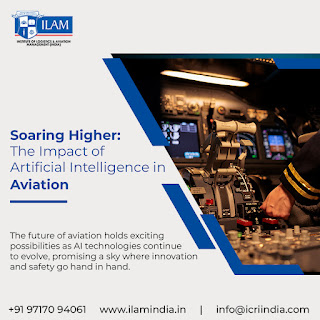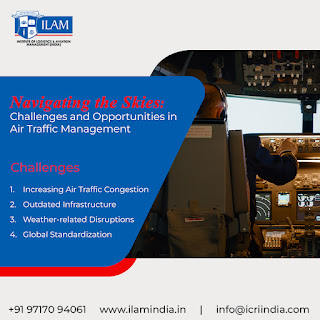Pursuing BBA in Aviation Management in Delhi, India

In the bustling metropolis of Delhi, amidst the whirlwind of opportunities, lies a pathway to the skies—BBA in Aviation Management. This specialized undergraduate program blends business acumen with aviation expertise, offering aspiring professionals a ticket to a dynamic and rewarding career in the aviation industry. Let's embark on a journey to explore the prospects and nuances of pursuing BBA in Aviation Management in Delhi, India . The Aviation Hub of Delhi Delhi, with its bustling airports and vibrant aviation ecosystem, serves as the perfect backdrop for aspiring aviation enthusiasts. Home to Indira Gandhi International Airport, one of the busiest airports in the world, Delhi offers unparalleled exposure to the intricacies of aviation operations, making it an ideal location for studying aviation management. Academic Excellence at Your Doorstep Several esteemed institutions in Delhi offer BBA programs specializing in Aviation Management, providing students with a hol...


